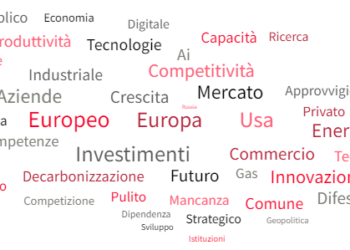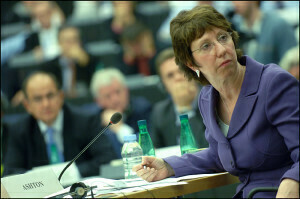
The economic crisis is having an impact on European diplomacy, but it could provide the opportunity to make the 27 member states work more together. EU countries have a total of 87,004 diplomats working in their capitals and in 3,223 missions around the world, costing 9,475.8 million Euros. Their budgets are being cut in all countries except for Germany. Italy, for instance has cut its administrative budget from Euro 991 million in 2010 to 919 million in 2012. This means restructuring the organisation of its diplomacy by reducing staff and missions abroad (for all data on European diplomacy see the European policy center’s study) .
Budgetary pressures on foreign ministries have forced the member states to look at something they created in the Lisbon Treaty: the European External Action Service. With 3346 staff, 141 Delegations around the world, an administrative budget of 489 million Euros and a foreign policy budget of Euros 58.7 billion Euros for 2014-2020 (managed together with the Commission), the EEAS is the foreign policy actor of the EU.
So far the member states have adopted a ‘wait and see’ approach: if the EEAS and its head Catherine Ashton deliver, then perhaps we can take EU foreign policy seriously. But austerity is forcing member states to think differently. Recent cuts to the Spanish Foreign Ministry have halved its budget and led to the closure, so far, of three consulates. It comes as no surprise then that Spain has asked the EEAS to place its diplomats in EU Delegations or to co-locate its embassies in EU Delegations, as it has done in Yemen. Co-location can bring huge savings to costs to rent, security services, logistical provisions, as the Nordic countries sharing premises abroad have already discovered.
Some countries are asking the EEAS to investigate other options to make national savings, for instance in the field of consular services, a particularly sensitive and difficult field to transfer tasks. For small member states it can be the only antenna around the world. There are no more than 7 countries in which 25 member states have a representation. In all other countries, the EEAS has added value to offer. Even Eurosceptic UK sees the EU’s network of missions abroad as useful.
Those of us who follow EU foreign policy are dismayed at the fact that it becomes interesting to member states only as a consequence of austerity. But it provides an opportunity to rethink the structures and capabilities of EU foreign policy too. The member states can no longer ignore the fact that the EEAS is undergoing a review process in which European capitals will be called for political guidelines. Last March the Foreign Ministers too discussed the changes needed for the Service to better function in Dublin. The European Parliament has already been moving. Co-Rapporteurs Elmar Brok and Roberto Gualtieri will have their draft report on the review of the EEAS approved in plenary session in June.
Catherine Ashton’s cabinet is drafting some proposals for change. The preparations are very secretive, but the proposals are likely to be circumscribed, arguing that the next High Representative should have the liberty to change internal structures to suit his or her plans. For sure, some decisions should be made by the people who will be in charge, but there are some structural issues that require looking at, and the foreign ministers should do that to make virtue out of necessity by proposing a ‘smart’ European diplomacy. Borrowing the language of defence experts, who too need to look at how to rationalise cuts, ‘pooling and sharing’ opportunities are there for all member states to make savings.
Beyond that, the EEAS needs political backing from member states and to work shoulder to shoulder with the Commission. The EEAS is already slim in terms of numbers, but its mixed talent of diplomats and EU officials with a broad variety of backgrounds and experience could be improved by slimmer hierarchies, better communication between the Headquarters in Brussels, the European capitals and the network of Delegations. The Service also
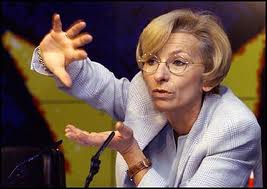
needs to become more flexible to respond to changing situations around the world and to do so should invest on its main assets, such as the Delegations.
In 2013 there are opportunities to fix the EU machine to make it work. Ideas from think tanks and experts on how to make improvements have been circulating, and a greater interest in foreign affairs and how to deal with global issues is tangible. As decision times get closer, the member states too need to take responsibility to make sure that Europe is equipped for 21st century diplomacy.
Rosa Balfour
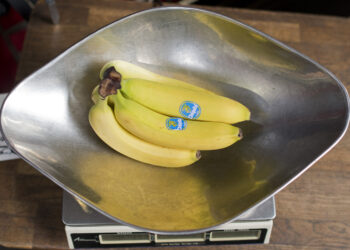
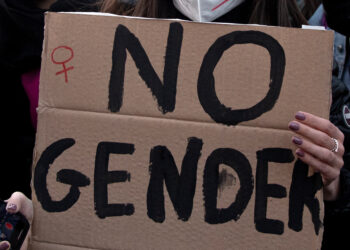
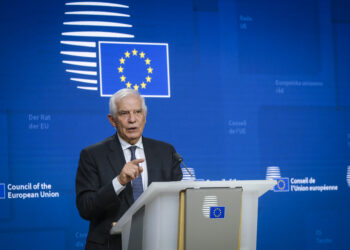
![Aerei Saab [foto: imagoeconomica]](https://staging.eunews.it/wp-content/uploads/2024/11/Imagoeconomica_2292144-350x250.jpg)
